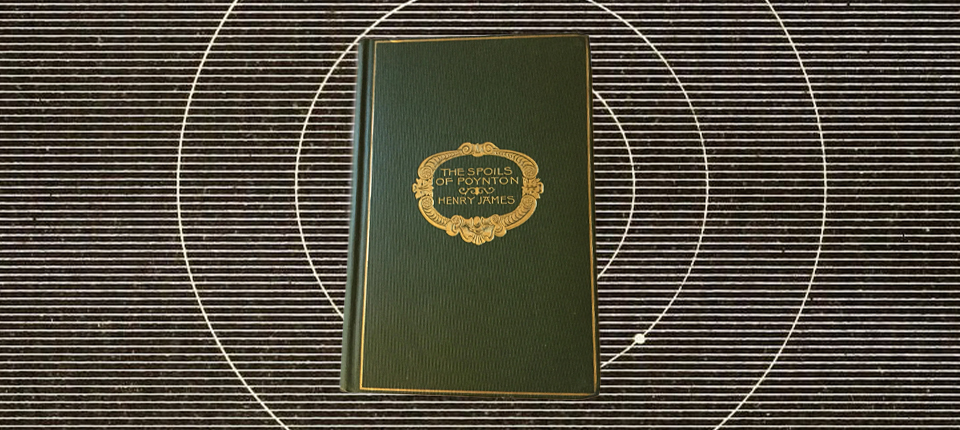Lit Hub Daily: February 6, 2025
THE BEST OF THE LITERARY INTERNET

TODAY: In 1897 Henry James’ novel The Spoils of Poynton is first published in book form after originally being serialized in The Atlantic Monthly.
- “This is the end of the world that never ends.” Andreas Malm on how the destruction of Gaza and the destruction of the planet go hand in hand. | Lit Hub Politics
- Surekha Davies on machines, monsters and why we shouldn’t give up our humanity to AI. | Lit Hub Technology
- “It reads as if it is trying to wrap its arms around the abundance of experience.” 5 book reviews you need to read this week. | Book Marks
- Are you the asshole if you’re not sure any of this even matters? Kristen Arnett answers this and other awkward literary questions. | Lit Hub Craft
- “She spoke of how she’d never been able to trace her beloved teacher, so the poem acts as a voice of praise to all teachers deserving of such adulation.” Pádraig Ó Tuama on Patricia Smith. | Lit Hub Criticism
- Tyson Yunkaporta on the value of building a communal life in an atomized world: “We have to be realistic and acknowledge that ‘ancient wisdom’ is not your one-stop shop for salvation through regenerative design.” | Lit Hub Memoir
- What’s Sarah Chihaya reading? Isabella Hammad, Roland Barthes, Katie Kitamura, and more. | Lit Hub Reading Lists
- Neil Shubin chronicles how Norwegian scientist Fridtjof Nansen managed to reach the North Pole. | Lit Hub History
- “The back garden lawn was a steep slant of grass tipped up on its side like a sinking ship.” Read from Ali Smith’s novel, Gliff. | Lit Hub Fiction
- Ariella Garmaise profiles Substack phenom and essayist Rayne Fisher-Quann. | The Walrus
- On the Broadway costume designer behind Tennessee Williams, Arthur Miller, and Cabaret. | The Guardian
- How Leslie Frances Silberberg (as Leslie F. Stone) became one of the first women to publish sci-fi pulp. | JSTOR Daily
- Publishers, the Authors Guild (and more!) are suing the state of Idaho over its public library book ban. | The Guardian
- Grayson Scott talks to Bruce Robbins: “The recognition of atrocity is not just unambiguous moral improvement.” | The Baffler
- Rebecca Makkai on blurb writing (and not writing blurbs). | The New York Times
Article continues after advertisement



















